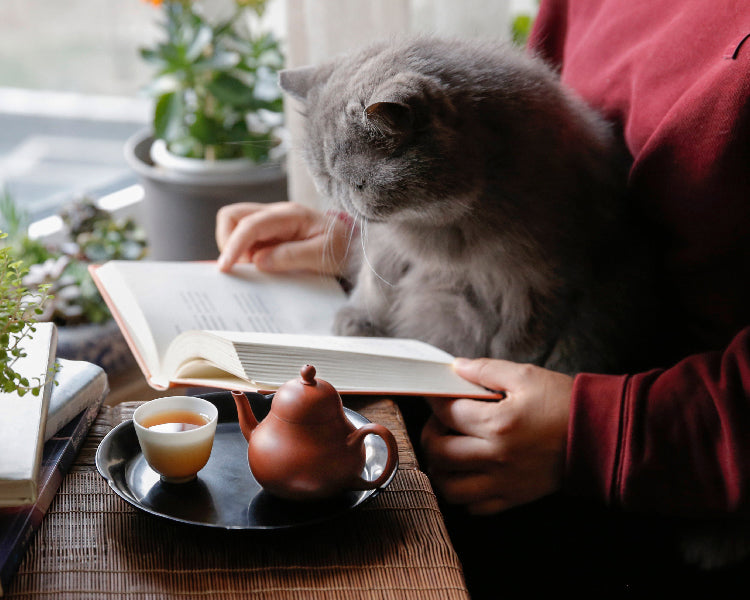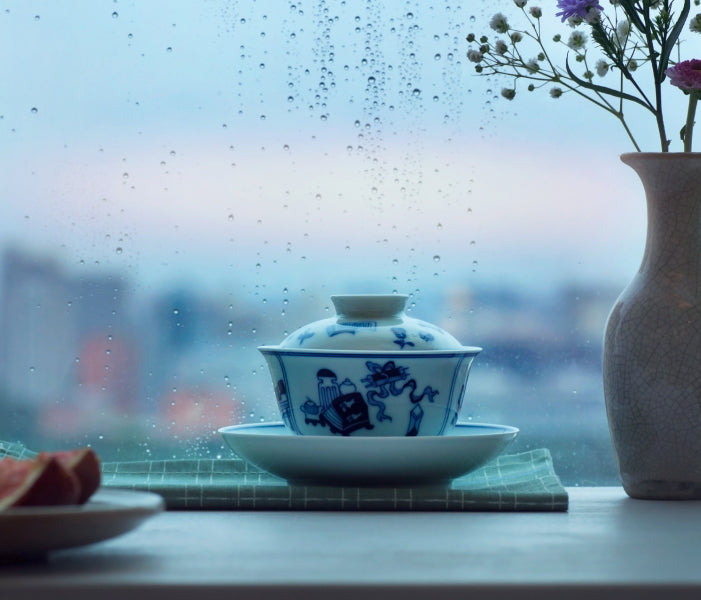
With the fresh enthusiasm, every day I pry out a piece of tea to brew, with friends we sit around a table and savor it.
A day after half a month, it was raining outside. People in the house listen to the rain through the window, cook tea with a small fire, wait for the new boiling tea, and then pick up the cup to sip, it is really a kind of happiness in the world!

Wait, it seems the taste isn’t right?
We can't believe own tongue and brew another cup of tea, sip again: really not right.
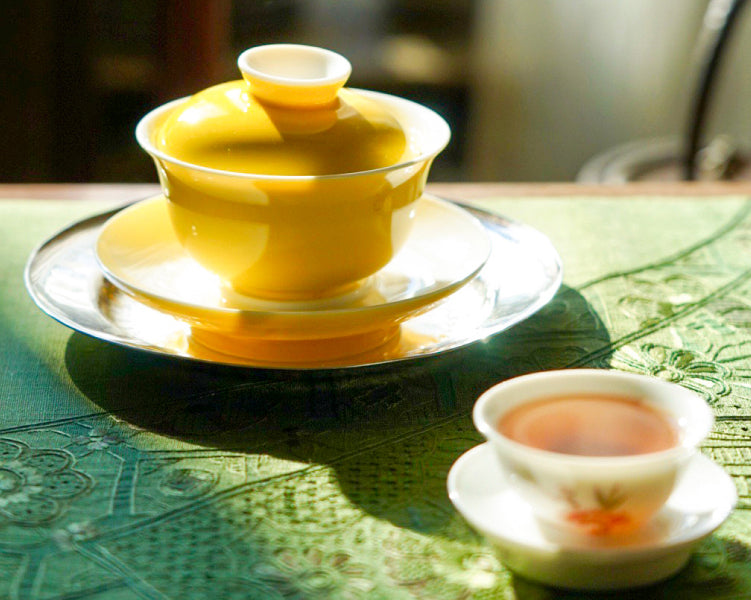
How can it become bad within less than half a month, due to wrong storage?
When we are sorry, the Miss tea maker hesitated and said: "the taste is not right, maybe because of the rain today, before, it was sunny."
In addition to the quality of tea itself, water, utensils, skills, environment, mood, all these factors, even the weather can affect the taste of tea?
Believe it or not, the weather has a great influence on the performance of tea.
There are five aspects to this question:
First, the change of atmospheric pressure.
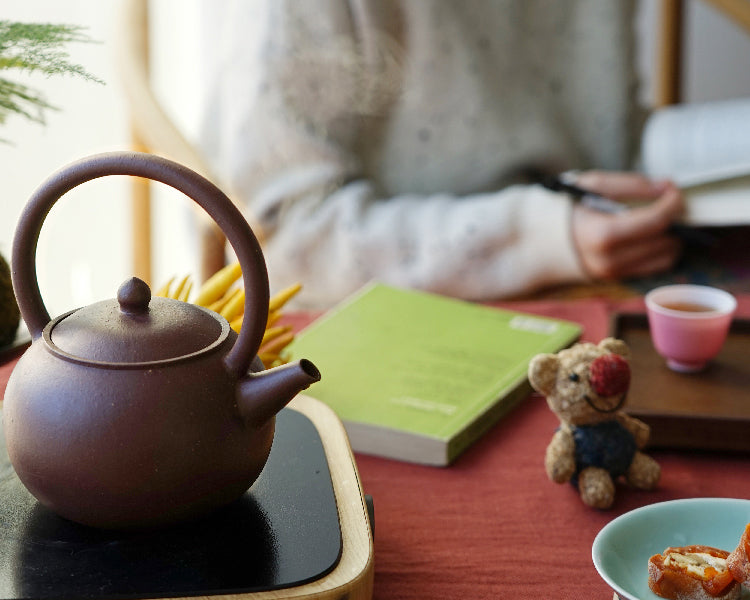
The boiling point of water is 99.95℃ below atmospheric pressure (i.e. 1 standard atmosphere, 101.325 KPa), which we normally count as 100℃. As the outside pressure changes, so does the boiling point of water, the higher the outside pressure, the higher the boiling point of water (see pressure cookers); Correspondingly, the lower the external pressure, the lower the boiling point of water.
On a clear day, the sky is clear and the air is cool. On rainy days, by contrast, atmospheric pressure drops slightly. At slightly lower pressure, although it looks as if the water is boiling, the actual temperature of the water does not reach 100 ° c, and subtle temperature changes naturally affect the aroma and taste of the tea (so be careful to brew rock teas and the like on rainy days).
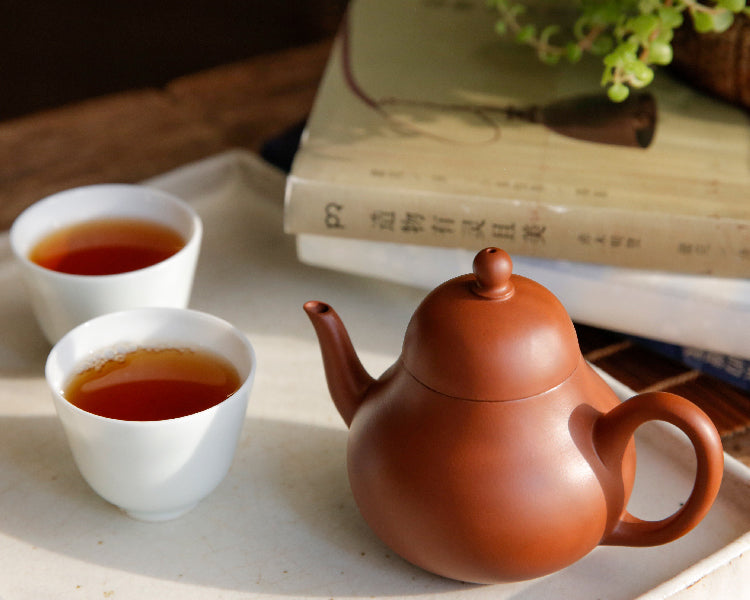
Second, changes in temperature.
When the weather is fine and warm, the temperature of the water remains relatively stable. But if it is rainy and cold, water temperature is easy to fall, and will be more difficult to stimulate tea aroma.
Water temperature does not go up, and descend fast, from brewing ready to the entrance of mouth, tea soup is already cool half, naturally slight difference can be produced in taste, aroma and mouthfeel.
A day after half a month, it was raining outside. People in the house listen to the rain through the window, cook tea with a small fire, wait for the new boiling tea, and then pick up the cup to sip, it is really a kind of happiness in the world!

Wait, it seems the taste isn’t right?
We can't believe own tongue and brew another cup of tea, sip again: really not right.

How can it become bad within less than half a month, due to wrong storage?
When we are sorry, the Miss tea maker hesitated and said: "the taste is not right, maybe because of the rain today, before, it was sunny."
In addition to the quality of tea itself, water, utensils, skills, environment, mood, all these factors, even the weather can affect the taste of tea?
Believe it or not, the weather has a great influence on the performance of tea.
There are five aspects to this question:
First, the change of atmospheric pressure.

The boiling point of water is 99.95℃ below atmospheric pressure (i.e. 1 standard atmosphere, 101.325 KPa), which we normally count as 100℃. As the outside pressure changes, so does the boiling point of water, the higher the outside pressure, the higher the boiling point of water (see pressure cookers); Correspondingly, the lower the external pressure, the lower the boiling point of water.
On a clear day, the sky is clear and the air is cool. On rainy days, by contrast, atmospheric pressure drops slightly. At slightly lower pressure, although it looks as if the water is boiling, the actual temperature of the water does not reach 100 ° c, and subtle temperature changes naturally affect the aroma and taste of the tea (so be careful to brew rock teas and the like on rainy days).

Second, changes in temperature.
When the weather is fine and warm, the temperature of the water remains relatively stable. But if it is rainy and cold, water temperature is easy to fall, and will be more difficult to stimulate tea aroma.
Water temperature does not go up, and descend fast, from brewing ready to the entrance of mouth, tea soup is already cool half, naturally slight difference can be produced in taste, aroma and mouthfeel.
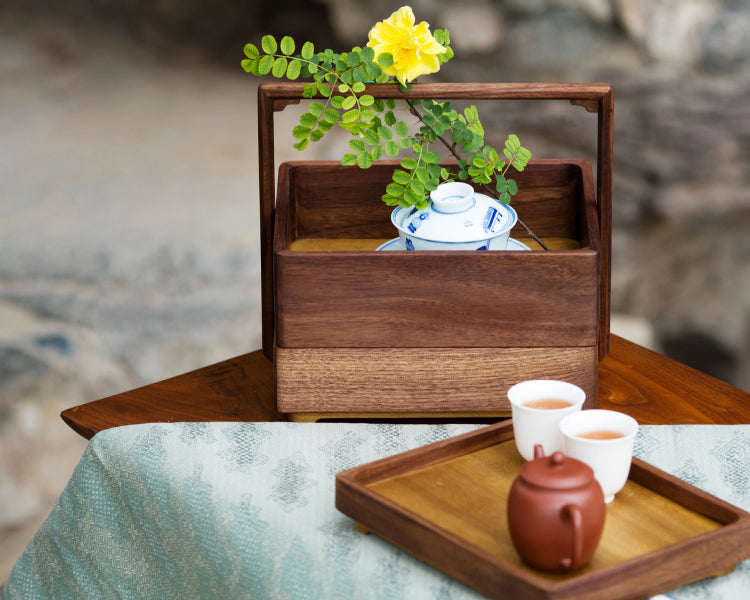
Third, changes in humidity.
"Aroma" performance, is actually the molecules in the air movement, which is captured by the the smell sensor in the nose of people, and through transmission to the brain, then sensed from the brain feedback.
On a rainy day, the air is very humid. At this point, the air has a high content of water molecules, which slows down the spread of fragrance. At the same time, before the aroma of tea spreads to the tip of the nose, some part has already been absorbed by the molecules in the air, and the aroma is further weakened.
And in fine weather, the air humidity is relatively low, lack the block of water molecules, the speed of molecular movement will be faster, and less fragrance is absorbed by the water molecules in the air, so more can be captured by people’s smell receptors, and the fragrance is more intense.
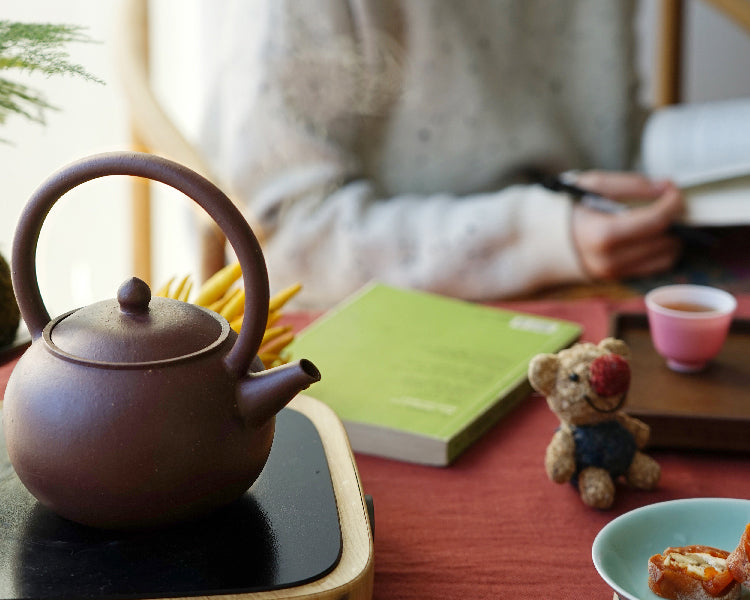
Fourth, people's smell and taste changes.
I don’t know whether everybody has such an experience: feel insipid only when eating airplane meal on 10 thousand meters altitude. But once we get off the plane and down on the ground, nibble the gift of dried radish from a package of plane meal, can feel it is crisp and delicious.
Low air pressure, cold weather, both of them will lead to the body's own slow circulation. At the same time, as mentioned above, both temperature and humidity have an effect on one's olfactory acuity.
However, the "taste" that people finally experience is actually a comprehensive cognitive feeling produced under the joint action of the far sense of smell and the near sense of taste. Once the sense of smell is impaired, the sense of taste is naturally affected, so the perception of the ultimate performance of the diet varies.
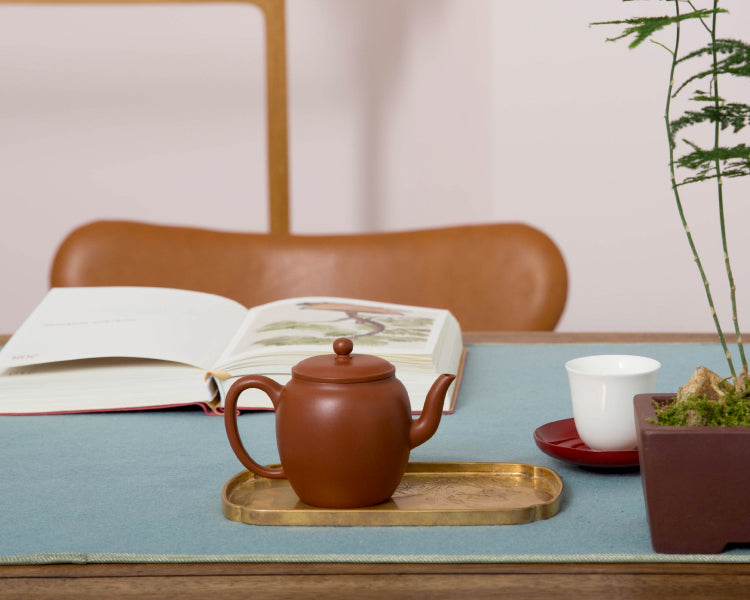
Fifth, the influence of weather on people's mood.
Whether it is spring or autumn, gentle wind or light cloud, the change of air pressure, temperature and humidity can indeed slightly affect people's feeling level, that is, through the change of the surrounding environment, people's mood has also changed.
Sunny day always can bring refreshing good mood, rainy day easy to let a person feel melancholy. When the sky is high and the clouds are light, the chest is very boundless, and people are refreshed; When the rain is continuous, the chest is narrow and breath is short, the mood is not good.
And as we all know, tea does taste different in different moods.
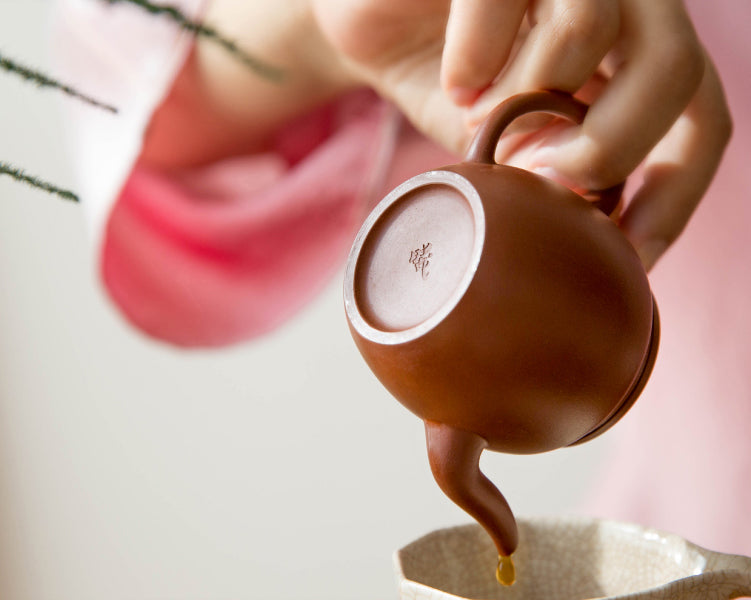
Even though the above five points are taken apart and each of them has just little influence on tea, but when these five points are added together, people who love tea, know tea and are more sensitive will naturally feel that the taste of tea soup is really different in different weather.
However, any difference will lead to the final different performance of the taste, this possibility of creating the unique particularity from every brewing is rightly the joys of tea!
